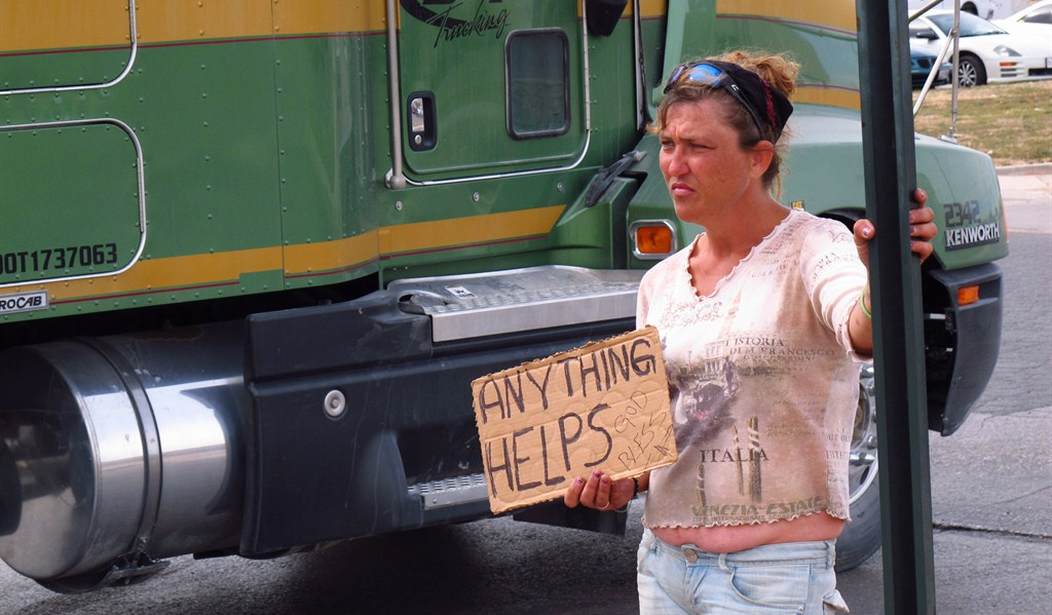A 'cynic' is a man that knows the price of everything and the value of nothing.
-Oscar Wilde
While there are subtle differences between the cynics that Oscar Wilde was talking about and player-haters that seem to lurk around each corner these days, both apply to the current debate about company valuation. Don't get me wrong, anyone that lived through the Internet/Telecomm bubble crash will always carry a certain degree of skepticism when it comes to valuing hot new names in the sector. But then again, there's that infamous saying: "This time, it will be different."
But it is truly different in certain ways, including the fact that a lot of these private companies with sky-high valuations are making money- it's not about inflated values for a bunch of eyeballs.
Be that as it may, even great companies can have overvalued stocks. The thing to know is how one determines value. Here's the rub: lots of people have opinions and most are unqualified to judge, which makes this whole thing very interesting because those that do have the track records (and wads of cash) have been passing judgment and believe outrageous valuations are still to come.
 The name in the eye of the valuation storm that continues to anger the curmudgeons, bears, and Wall Street investment bankers who have been shut out of its meteoric rise is Uber.
The name in the eye of the valuation storm that continues to anger the curmudgeons, bears, and Wall Street investment bankers who have been shut out of its meteoric rise is Uber.
Uber's name (which means over, above or across) and the company have lived up to the hype and then some. A few weeks ago, this was a $10.0 billion company, then $12.0 billion, then $17.0 billion, and this week it starts out with a valuation of $18.2 billion.
What idiots are putting that kind of price tag on this company via its latest round of funding?
> Fidelity $425 million
> Wellington $209 million
> Black Rock $175 million
> Summit Partners
> Google Ventures
> Menlo Partner
I can't say what the real value of these companies are, but I can say that this is an exciting period of disruption that could change every day lives and shake up old school industries in a profound way. Since they are all funded by venture capitalists and located in California, the giants on Wall Street may have an ax to grind. It's an interesting debate, but as far as I'm concerned, has no bearing on valuations of publicly traded companies, even in the tech space.
Recommended
Making Money with Charles Payne
Fox Business 6 - 7 PM
I discussed valuation last night on the show, as well as charitable giving in America. This morning, a piece on Business Insider discusses the war against people to stop them from giving food and help to the homeless. It's a remarkable trend occurring in more and more cities. (The National Coalition for the Homeless (NCH) releases its official report later this month.)
I think the current welfare programs in America, not only enable people to not work, but encourages them not to work as well. On the other hand, when it comes to the homeless, even though many are in that position by choice, feeding the hungry is never the wrong thing to do.
Students vs. Millionaires
With the latest salvo toward rekindling the love with young voters, we are being told that somehow millionaires are the blame for high student debt and they should be taxed even more. I cannot connect the dots on this, except it's another play to make successful people look and feel bad even when most are exhausted from the rigors of climbing the ladder and trying to stay on top. There is no blame aimed at colleges or the government - which is making cheap money available in wheelbarrows.
At some point, there will be economic hell to pay. In the meantime, the campaign that Americans are mean-spirited and uncaring for not taxing successful people even more is getting real tired.
The Most Charitable
President Obama continues to portray America as a heartless nation where all the benefits got to rich people at the expense of poor people. The facts about who pays the most taxes and who creates the most jobs make this a dishonest statement. The smokescreen, that is politics of envy, suggest that the only entity that cares is Big Government, and therefore it should be allowed to act as a kind of Robin Hood to make things right.
This means that the administration usurps power from Congress and ignores rulings of the Supreme Court. It means that the media should turn a blind eye to imperial acts that create czars, and executive orders that seem to counter the checks and balances the Founding Fathers thought might help Americans resist acting on the temptations, which have derailed so many other powerful nations in the past.
To make this all happen there has to be massive self-loathing...a feeling that we're not good people, especially those of us who are successful. The only problem is that reality belies this mean-spirited tactic.
Americans are the most generous people on the planet. I already knew that, but the World of Giving underscored this with its 2013 report on giving. It uses three criteria from Gallup surveys:
> Donated money to a charity
> Volunteered your time to an organization
> Helped a stranger

When it came to measuring "helping a stranger," America's score (77% have helped a stranger) was substantially above the rest of the world.

For all the hype about other nations, like France being more caring, it just wasn't reflected in the data.

Charity is part of the Judeo-Christian fabric that is also a foundation of American success. In the end, the real way government can serve the nation is to provide policies that encourage work and prosperity: policies that lift all boats. America is not Sherwood Forest; a king doesn't decide where the wealth goes, even if he's doing it under the guise of Robin Hood.
























Join the conversation as a VIP Member